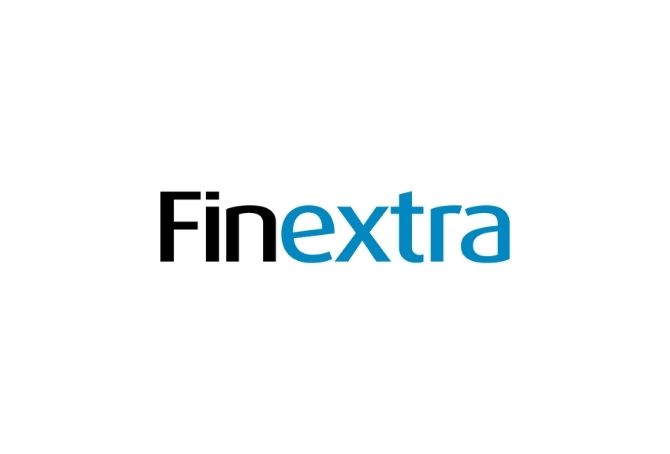
Current disruptions to global trade norms risk pricing out developing nations from critical green technologies and deter related investments. This stalls both decarbonisation and economic growth in regions most reliant on affordable imports. Here, Hong Kong has a unique role to play.
According to United Nations Trade and Development, developing economies are already facing challenges navigating trade rules inconsistent with the Paris Agreement on climate change, often missing out on green windows of opportunity. The ongoing global trade conflict has caused jitters within solar industries across several Southeast Asian countries such as Vietnam, Cambodia and Thailand. This creates a growing gap in green investment and economic development between developed and developing countries.
As a leading international financial centre, Hong Kong is well positioned to channel the RMB 138 trillion needed for China's transition to carbon neutrality by 2050, with the Hong Kong Exchanges and Clearing Limited leading as the largest venue for Chinese offshore green bonds at 46% of total offshore volume.
Hong Kong can use its unique position to introduce stability amid disruptions by driving innovation in green finance. One example discussed at the recent 2025 Hong Kong Web3 Festival in April, was harnessing the tokenisation of real-world assets (RWA).
Tokenisation is the process of representing traditional assets like infrastructure projects as digital tokens issued over a blockchain. By fractionalising these assets, tokenisation allows smaller investors to participate in projects that would otherwise be unaffordable. It offers a solution to the challenges posed by reduced investment by improving the efficiency of capital allocation, enabling broader access to investment opportunities. According to Blackrock, by 2040, the global demand for new infrastructure investment is US$68 trillion which includes roads, energy, rail, telecom, water, airport, and ports.
According to the Boston Consultancy Group, the total size of illiquid asset tokenisation will grow to US$16 trillion by 2030. For green finance, tokenisation could transform how renewable energy projects are funded. Historically, large-scale renewable energy projects have been funded by institutional investors, but the goal of tripling renewable energy capacity by 2030 faces a growing investment shortfall of US$400 billion annually, according to the Institute of Energy Economics and Financial Analysis. Tokenisation opens a new asset class in which an investor could own a fraction of a wind farm in Vietnam or a solar project in Kenya, diversifying their portfolio while contributing to the global energy transition.
The transparency of the underpinning blockchain technology also curbs green washing, attracting broader investors. This lowers the barrier to entry for investors while ensuring that capital flows directly to regions where the investment gap is increasing, bypassing traditional bottlenecks in financing. At a time of growing volatility, tokenisation provides a decentralised, transparent mechanism to boost the green energy transition, even as traditional trade and aid channels falter. In this regard, Hong Kong has a set of unique advantages to lead the tokenisation revolution in green finance.
From a policy perspective, our city is ahead of its peers, with the Hong Kong Monetary Authority (HKMA) and the Securities and Futures Commission (SFC) having already laid the groundwork for this transformation. In 2023, with the support of the HKMA, Hong Kong became the first government in the world to issue a tokenised green bond.
In 2024, HKMA’s Project Ensemble provided the environment necessary to accelerate innovation, experimentation and adoption of tokenisation in real-world financial sector applications. This led to one local startup launching tokenised private credit for EV charging infrastructure. Not only does this offer private credit instruments for investments in green infrastructure, including secondary market access, it also creates a novel model that can be replicated at scale. The joint SFC and HKMA Green and Sustainable Finance Cross-Agency Steering Group has also been instrumental in developing the city’s strategy as a leader in sustainable finance.
Today, Hong Kong is the world’s second-largest cross-border wealth management hub, with projections suggesting it will overtake Switzerland by 2028. Family offices and high-net-worth individuals (HNWIs) are increasingly turning to alternative assets to mitigate portfolio risks amid volatile markets. This shift is fuelled by surging capital inflows from Mainland China, ASEAN countries, Europe, etc. and recent multi-billion commitments from sovereign funds from Gulf Cooperation Council countries. Notably, a Endowus survey found 90% of HNWIs in Asia plan to boost allocations to alternatives, underscoring the city’s pivotal role in redefining global wealth strategies.
Hong Kong’s thriving fintech sector is over 1,100 companies strong, with a leading Web3 ecosystem advancing tokenisation. This is amplified by its integration with the Greater Bay Area, ranked second globally for tech innovation, according to the World Intellectual Property Office. This potent combination of progressive policies, original innovation and fintech talent gives the city a unique edge.
Perhaps most importantly, Hong Kong can deliver at scale. This is where the world comes to do finance. Our financial hub ranks third globally, first in Asia and fourth worldwide for fintech specifically. Hong Kong has one of the deepest pools of capital in Asia, free flow of capital, as well as being on the doorstep of mainland China, which is leading in areas such as electric vehicles, batteries, solar and more.
Tokenisation alone is not the panacea to ensuring equitable access and support for the global green transition. International cooperation and robust policies will be essential for the challenges we face. However, in a world rife with turbulence, Hong Kong can rise to the occasion by leveraging its strengths to foster stability and pave the way for a sustainable future.
- Tags
